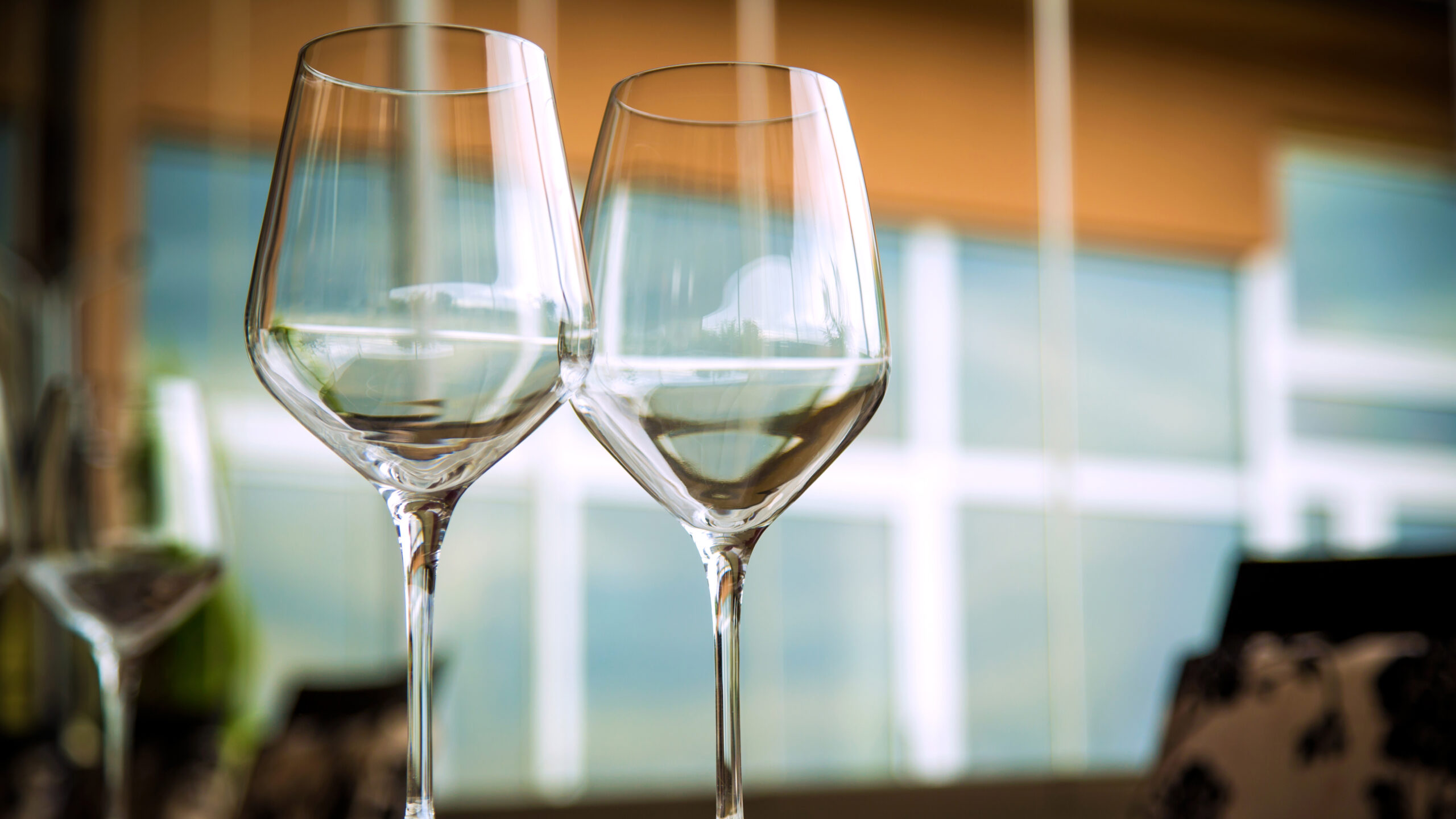By Amy Gross, National President, Women For WineSense & CEO, VineSleuth, Inc.
The liberty to enjoy alcoholic beverages and the beverage alcohol industry as a whole is again under global attack.
The World Health Organization released a ‘No safe limit’ dietary guideline for alcohol earlier this year. Canada recently changed dietary guidelines to 2 drinks of alcohol per week and the US may follow suit. 45% of Gen Z consumers 21+ say they have never tried alcohol. Approximately 60% of US wine drinkers 21-39 say they have participated in Dry January and/or Sober October.
What is causing this change?
Last month I joined forces with investigative journalist Felicity Carter, Gino Colangelo of Colangelo & Partners, and Resplendent Ink’s Susan Kostrzewa at a seminar at Vinitaly to discuss the latest wave in anti-alcohol sentiment in “The Growing Threat of Neo-Prohibitionism and What the Wine Industry Can Do About It.”
Felicity shared details from her April 2024 article in Wine Business Monthly which revealed that Movendi International, initially established as the International Order of Good Templars (I.O.G.T.) in 1840, is once again leading the charge to abolish or severely limit alcohol consumption internationally.
She shared how this temperance organization has come to shape World Health Organization policy, labeling laws in Ireland and Portugal, and dietary guidelines in Canada. Felicity also pointed to several news articles which reveal that wine, which had often had a bit of a health ‘halo’ in the past, is also clearly under attack just as much as other beverage alcohol.
Her observations were eye-opening.
Next, Gino shared insight on US wine consumer attitudes toward wine/alcohol and health supported by current Wine Opinions/Colangelo & Partners research in a survey of 2,000 US wine drinkers.
The study revealed that if the U.S. Dietary Guidelines were adjusted to recommend no more than 2 beverage alcohol drinks a week, two-thirds of wine drinkers in ages 21-39 would either reduce their current consumption frequency of wine or adopt the new guideline. It also showed that 58% of 21-39 year-old’s worry about health at just 2 glasses of wine per day.
Clearly the American population is being swayed by the messages stemming from Movendi International.
So what CAN wineries and those in the wine community do?
This is where I shared my suggestions.
Unfortunately, under United States regulations, wine, beer and spirits companies are forbidden to make statements regarding health claims and alcohol, whether positive or negative. This means that Movendi’s claims are often left unanswered. Plus, the fact that Movendi is pushing to remove anyone with ties to the industry from policy conversations makes it even more difficult for the full story to be explored and shared.
Since addressing the health issue is against the law for wineries, I suggested we look towards communications strategies wineries and consortiums can take to own the narrative on wine. I suggested that wineries work to improve their social media and email marketing, approaching both as relationship building. And I gave practical tips as to how even the smallest winery can do so.
Today’s younger consumers want to support businesses that are local or family run, that honor the earth, and that have fair, equitable business practices. Since that is what most wineries do, wineries should use messaging that shares those aspects of their business… and support other wineries that do the same. The more we share and amplify that story, the more we will drown out the falsehoods spread by anti-alcohol extremists.
Wine is about real people who care for the earth who make a great product that offers or represents adventure at a variety of price points.
Vineyard managers are farmers, taking care of the earth. Most wineries are family owned or got their start that way. All offer deeper founding stories and tell the stories of their culture and surroundings. And you can find delicious, well-made wine at a variety of price points.
In the past, wine was marketed in an authoritative, exclusionary way. That won’t work with today’s consumers who like to discover new things on their own rather than be told what to drink or enjoy. GIve them wonderful things to discover about you. Fill their feeds with the joy and approachability of wine. Don’t share stories glorifying excess consumption, instead show your responsible practices in the vineyard and in consumption. Show how wine IS a part of a positive lifestyle for you, your business and your family.
I created and shared a free communications playbook for wineries offering a simple, doable plan for doing just that.
The wine media was next.
Susan, who is also a previous Editor in Chief of Wine Enthusiast, offered tactics for wine media to take in responsibly covering beverage alcohol.
Her tips were also easy to execute and straightforward:
- Put wine into real-life context.
- Empower rather than demean your audience.
- Be intrepid in finding new, varied personalities to highlight.
- Understand the new, diversified consumption lifestyle of the younger generations.
- Be where the consumers are.
- Be realistic about what the consumer knows or wants to know.
- Look to other media outside of wine for good practices.
The enjoyment of wine, beer and spirits is most definitely under attack. It is time to shift our methods, join forces and fight back as the thriving, responsible global wine community that we are. Remaining silent could very easily lead to a loss in the liberty to enjoy alcoholic beverages responsibly, as well as the loss of a livelihood that has sustained generations of families and communities.
Interested in the full presentation with more of the facts? Click over to the VineSleuth site to see the full slide deck from Vinitaly and also download the free communications playbook.


